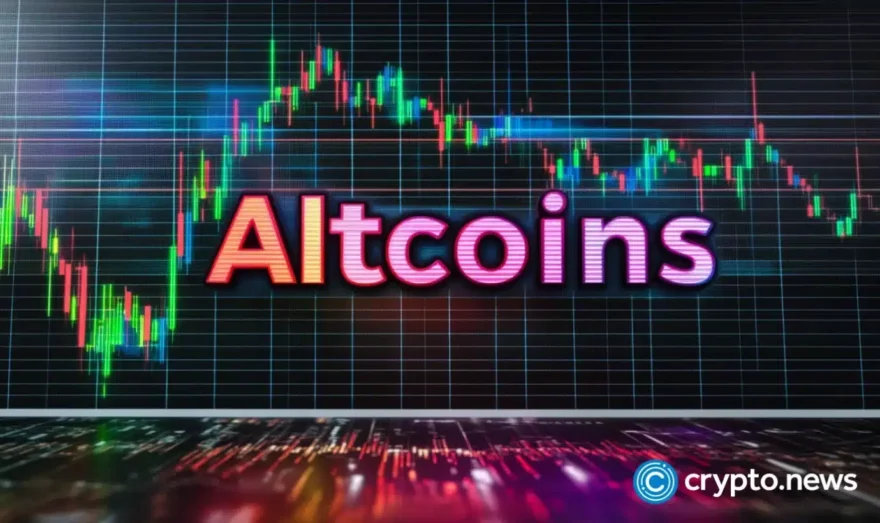What the Blockchain Can Do For Reputation on the Web 3.0

The democratized and distributed nature of the Internet has endeared it to the masses since it moved into the mainstream in the early nineties. As we are moving towards the so-called Web 3.0, we will need new ways to demonstrate a brand or an individual’s reputation online. That is where the blockchain can help.
Web 2.0
Today, the Internet is a revenue source for both individuals and businesses. From the content creator to the social media influencers, the Internet has empowered ordinary people to make money from their digital content.
Additionally, for businesses, an online presence now goes beyond a mere website. In addition to having profiles and pages created on the leading social media networks, companies must have a cohesive plan for their online presence. Whether this includes publishing content at certain times or retaining the services of a relevant influencer, to drive more significant interactions with their product or service, a business must adhere to some rules.
Much of the content published by creators, individuals and businesses alike, is likely to be of considerable quality. Captivating images, videos, and captions that tug at the heartstrings are the name of the game. This is all in the attempt to gain more followers, likes, retweets, reblogs or any other sort of positive feedback that may translate to income generated.
Is Web 2.0 Broken?
The democratization of online content publication has been an excellent development for society. The so-called “Web 2.0” is characterized by user-generated information. These peer-to-peer interactions have contributed to the proliferation of social media as more than just entertainment sites.
However, the reality is audiences only have a limited amount of time to spend online. As the ecosystem evolved so did the tools that people used to identify posts that are worthy of their time. In the earlier days of the Web 2.0, audiences simply showed approval using the tools provided by the platform they were using. For instance, like on Facebook, favoriting and retweeting on Twitter and so on. However, as the ecosystem deepened in complexity, approval is measured by a complex mix of interactions.
This matrix is referred to as engagement. The term is borrowed from traditional marketing where it is used to define any activity which results in interactions with target audiences that will eventually result in a purchase. In the context of Web 2.0, engagement is the all-important metric for measuring how well any content is performing with its target audience.
The average person will spend 386 minutes online every day. This is almost five hours spent interacting with the vast amounts of information online. Interestingly, social media demands a significant portion of this. The average person spends about 116 minutes on social media daily, according to SocialMediaToday. This represents about 30 percent of the total time that users will spend online daily.
To capitalize on the significant amount of time people devote to social media, businesses are dedicating large amounts of money to their social media strategies. Spending on digital advertisements has already surpassed that spent on television advertisements, according to Forbes. There is evidence that digital ads are better for businesses and they are showing their preference with their spending dollars.
In 2017, digital ad spending reached $209 billion worldwide while TV brought in $178 billion. Digital ad spending took 41 percent of the market in comparison to televisions’ 35 percent. Much of these dollars go to the influencers. With the going rate for social media starting at 1000 dollars per post, the incentive to gain followers and engagement is high.
The ever-growing opportunities for monetary gain have become a potent driving force for the Internet ecosystem. In an attempt to stay relevant, creators are now forced to push content exceptionally often. The amount of content published per minute is truly staggering.
Additionally, the reports of dwindling attention spans on the part of audiences throw yet another wrench in the works. Content creators must now compete with their peers as well as against the seconds on the clock. This state of affairs has reduced the Internet ecosystem to a popularity contest.
A simple Internet search will produce many links, each with instructions on how to ‘game the algorithm’ or any other variation of that sentiment. With the monetary incentive, it is becoming more difficult to trust the motives of creators on the Internet. The reputation system is broken. Buying likes, followers and other measures of engagement are commonplace, all in an attempt to garner a better reputation within the ecosystem.
Additionally, reputation is also tied to the specific platforms that creators choose to make their primary channel. This means that there are those with large followings on one site and few on another. Due to the design, there is a lack of interoperability between different platforms. For instance, a photographer may be able to use his Getty profile to license his content but is unable to access his following on other photo sharing sites.
Web 3.0
The next step in the Internet’s evolution towards the Web 3.0 is decentralization. It is currently a highly democratized and distributed system. However, power still resides almost entirely in the specific platforms. One may argue that reputation online has devolved to untrustworthy levels because it is difficult for content creators to keep up with the ever-changing algorithms used to measure positive feedback.
The development of Internet platforms based on blockchain technology may be the start of higher levels of credibility online. Due to its inherent features, the technology will support the tying of reputation to creators themselves and not on the conduit they choose, because identity on the blockchain is tied to an individual.
Additionally, due to the immutable nature if the blockchain, it will be possible to view all previous publishings to ascertain the true nature of a brand or influencer. This way, both the public and brands can be sure of the person they are engaging with. An audience that truly resonates with the advertiser is more likely to spend money. This is a win-win for all involved.
As money lost to digital ad fraud grows, with estimates putting the figure at over 19 billion for 2018, the incentive to fix the reputation systems online is stronger than ever. Blockchain technology may be a significant piece of the puzzle.












